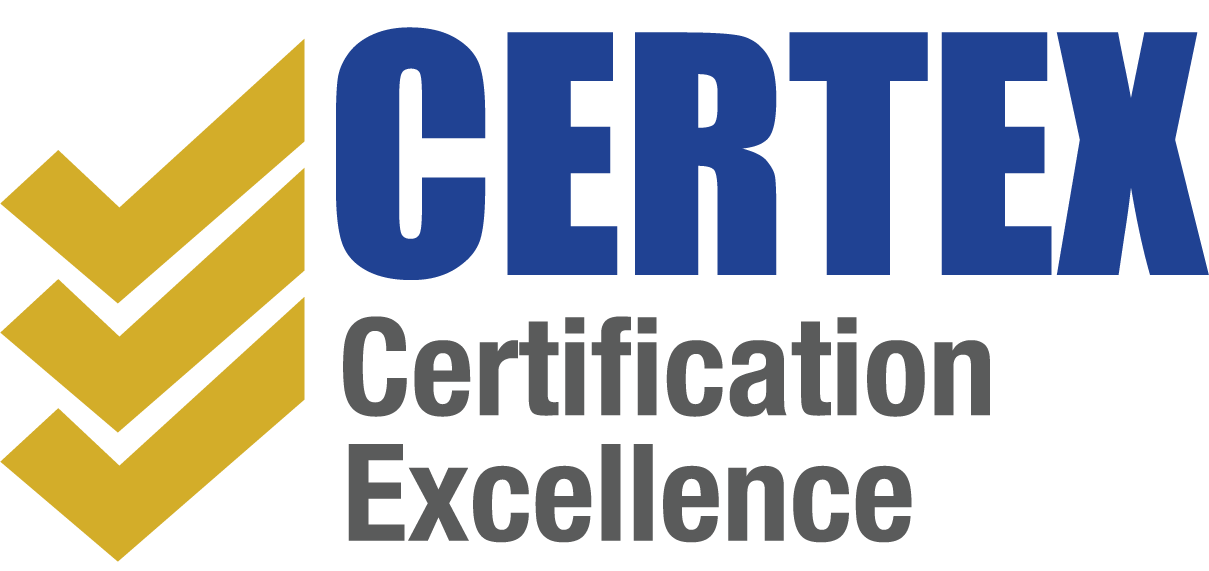Good Work Safety Practices: The Hidden Risks of Offices, and How to ‘Consult, Cooperate, and Coordinate’ with Host Clients
Generally speaking, workplace health and safety is reasonably well understood, and most recruiters in Australia and New Zealand are aware of their responsibility for candidates when working on the host client’s work sites. Both the recruiter and the host clients are considered to be ‘PCBU’s.
However, there are some aspects of safety management that can be improved.
PCBU Communication
Recruitment agencies and host clients are usually considered PCBUs which share responsibility for safety. They are expected to ‘consult, cooperate, and coordinate’. However, this is not always being done well.
In our experience, communication between PCBUs is ad hoc, not focussed on the key issues and is rarely recorded.
The importance of this was emphasised in the pivotal South Australian case of Boland v Trainee and Apprentice Placement Services Inc [2016], and both PCBUs incurred significant penalties.
‘High Risk’ Work Sites
Many recruiters place candidates into industries and to sites that can reasonably be assumed to be low risk, such as administration roles and office environments. Unfortunately, even some offices can be high-risk environments due to:
- A poor understanding of OHS by the host client, particularly if they are governed by an overseas parent company which is not familiar with Australian standards
- Focus on the pleasing design of offices, and avoidance of things like safety posters and lists of contact details that aren’t considered to be aesthetically pleasing
- Assumption by clients that the responsibility for safety management sits with the property managers of their building, rather than themselves
- The recruiters losing track of candidates when they are relocated to other sites
- Travel by the candidate as part of their job, which raises a whole host of potential risks.
Some Things to Ask Yourself…
- Do you have a clear line of contact with your host clients, and maintain active, ongoing communications with them?
- Do you keep accurate and reliable records of the communications?
- Can your host clients contact you readily?
- Do you have up-to-date contact details for your host clients and candidates?
- Are you aware of the safety practices of your host clients?
- Are you aware of the risks and hazards present at all host client sites, and do you monitor them regularly?
- Do you have clear processes to ensure that you are actively and appropriately consulting, cooperating and coordinating?
- You need to take active steps to maintain the safety of your candidates, protect your reputation, and avoid convictions and fines.
Where do you go next?
If you have any questions please do not hesitate to contact Dianne Gibert, Managing Director of Certex International Pty Ltd.

